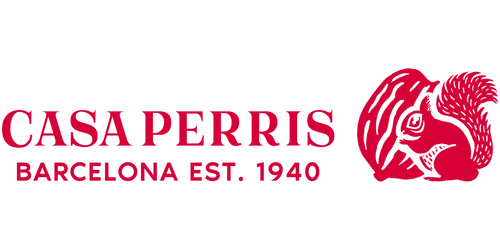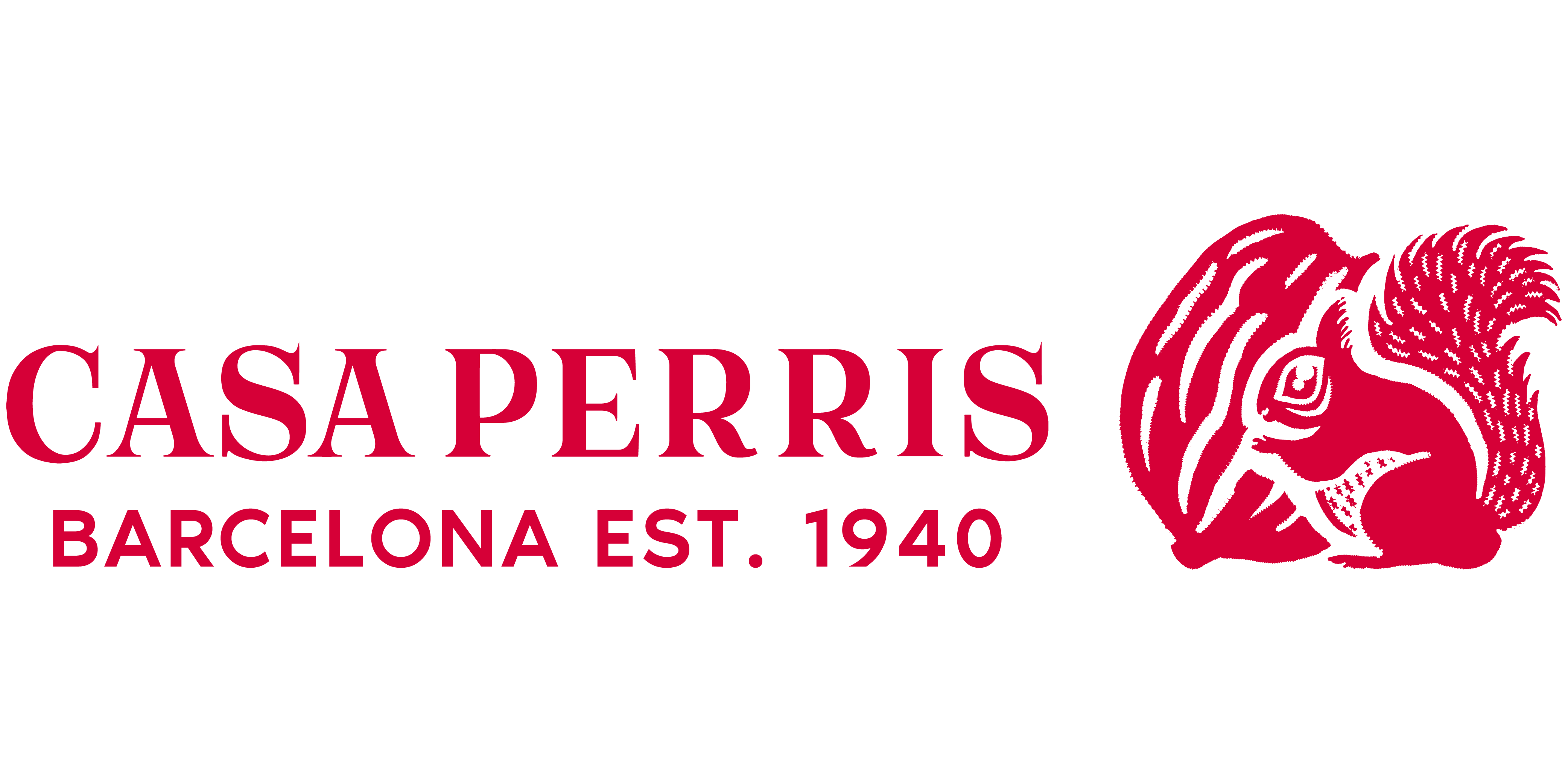Corn is the most cultivated cereal in the world, surpassed only by the cultivation of wheat in some times . Its origin dates back more than 10,000 years to the lands of Central America, specifically in Mexico. Its spread in America was from north to south, and the gastronomic interest that this food has aroused in Europe dates back to the 17th century. In Spain its adaptation was incredible, to the point that it displaced the production of millet, becoming a primary food for both human consumption and animal consumption on the continent.

We wanted to summarize in this article the benefits and properties that its consumption has, as well as the multiple uses in the kitchen that its flour has, providing a color and a peculiar flavor.
What are the properties and benefits of consuming corn?
- It is considered an anti-inflammatory thanks to its high content of omega 3 fatty acids.
- The consumption of corn activates the oxygenation of neurons and combats residual elements present in the brain.
- Its fiber is an element that reduces the risk of constipation problems.
- It contains vitamin A, essential for eyesight and to maintain the health of the largest organ in the body such as the skin.
- It enjoys the presence of B complex vitamins, specifically B1, B3 and B9.
- It is rich in minerals such as:
-
- Iron that helps prevent anemia.
- Magnesium that contributes to good heart health.
- Phosphorus that is involved in the formation of bone structure.
- In addition, it contains proteins and fibers, necessary for the body and 73% of its weight is made up of starch.
Have you tried corn flour?
The main advantage is that it is gluten-free, making it suitable for people with gluten intolerance. In Europe,
corn flour is for industrial use, it is used to make bread and cakes, and it is also used to make sugar. When finely ground and sifted, the germ known as cornstarch is separated and used to thicken stews and sauces.

In America, the use of corn flour is linked to the preparation of traditional dishes such as the famous Mexican tortillas for making enchiladas.
While in Africa, the use of flour is focused on fermentation with a duration of 2 to 4 days for the preparation of ogi, uji or koko, which is the same food but produced in different countries on this continent.
LEARN HOW TO MAKE A DELICIOUS CORN CAKE
 We wanted to summarize in this article the benefits and properties that its consumption has, as well as the multiple uses in the kitchen that its flour has, providing a color and a peculiar flavor.
We wanted to summarize in this article the benefits and properties that its consumption has, as well as the multiple uses in the kitchen that its flour has, providing a color and a peculiar flavor.
 In America, the use of corn flour is linked to the preparation of traditional dishes such as the famous Mexican tortillas for making enchiladas.
While in Africa, the use of flour is focused on fermentation with a duration of 2 to 4 days for the preparation of ogi, uji or koko, which is the same food but produced in different countries on this continent.
In America, the use of corn flour is linked to the preparation of traditional dishes such as the famous Mexican tortillas for making enchiladas.
While in Africa, the use of flour is focused on fermentation with a duration of 2 to 4 days for the preparation of ogi, uji or koko, which is the same food but produced in different countries on this continent.


